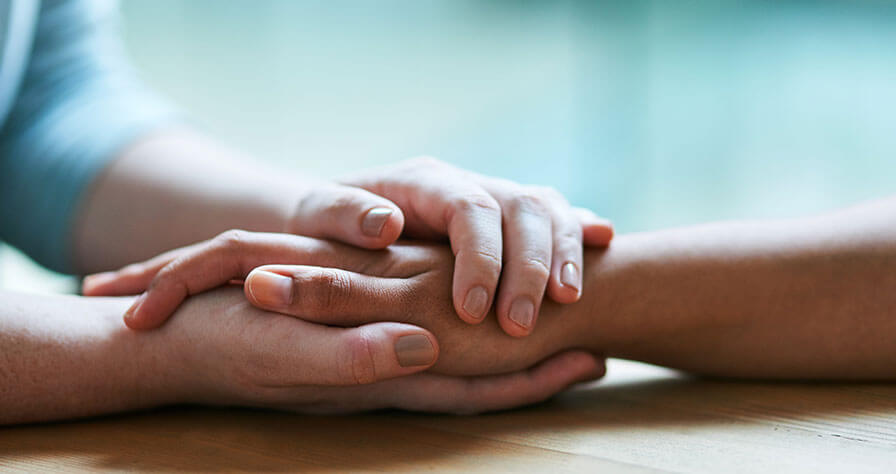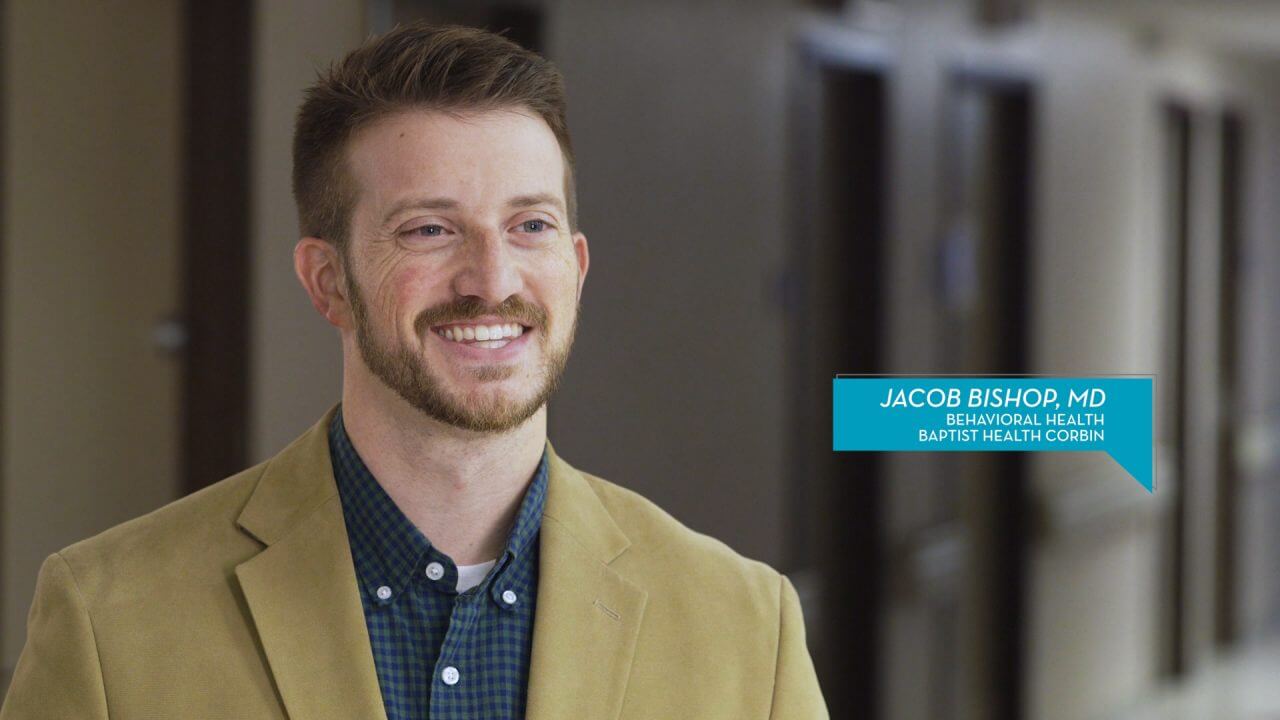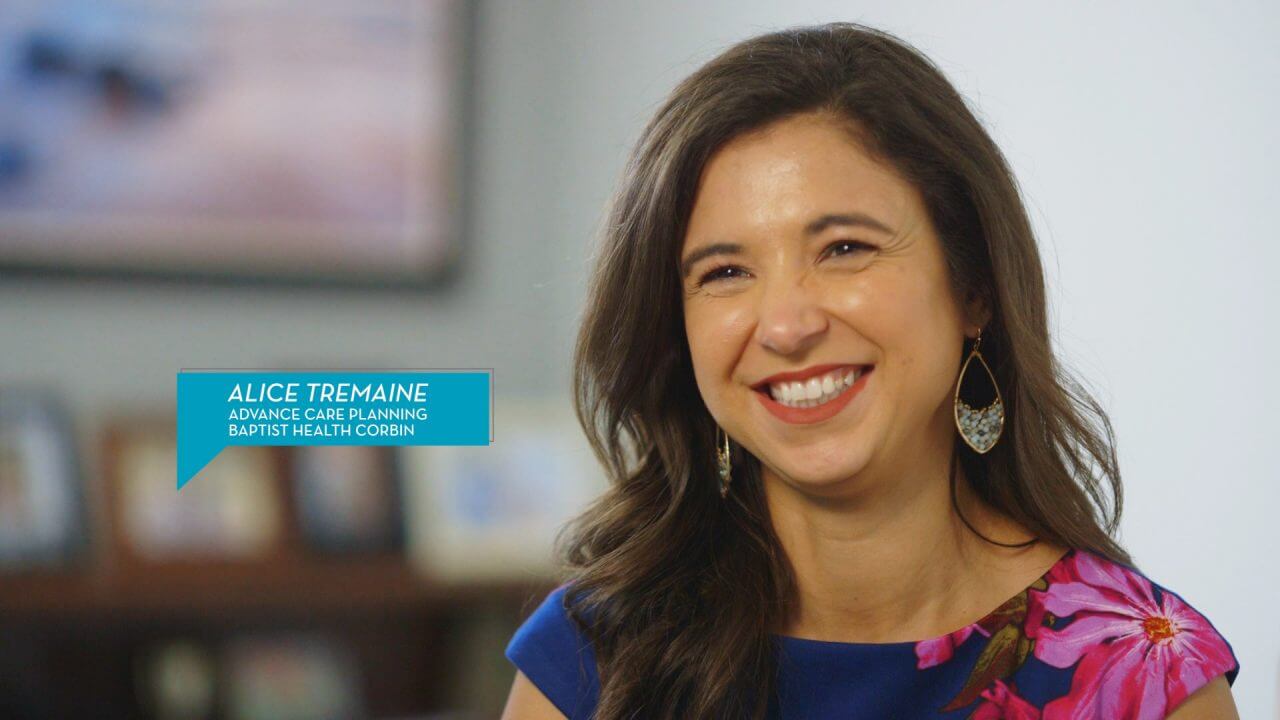Loved Ones & Drug Addiction

People watching a loved one under the spell of drugs often want to save the addict however they can. But they must save themselves, too.
Psychotherapist Terry North, a licensed drug and alcohol counselor with the Briscoe Clinic at Baptist Health Corbin, sees firsthand how hard addiction can be on families.
“Basic human nature is that if we see someone we love is hurting, we want to stop the hurting,” North says.
And many people are hurting. The opioid crisis has reached epidemic proportions, killing more than 33,000 people in the United States in 2015. More than 1,200 of them were in Kentucky, which tied Ohio for the third-highest rate of drug overdose deaths in the country.
That means a lot of parents, spouses, brothers, and sisters are suffering alongside the addicts themselves.
But relatives need to make sure their assistance doesn’t let their loved one continue his or her destructive ways.
“If your family member is trying to get help, go to the ends of the earth for them,” North says. “But don’t do anything that will help them keep doing what they are doing.” That can mean giving them money, bailing them out of jail, or making excuses for them.
Drawing a line can be difficult, North knows. “It’s hard to override your emotions. Some people call it tough love, but it’s more complicated than that.”
He suggests that families pursue counseling to help them understand — and overcome — dysfunctional behavior patterns such as enabling and co-dependency.
“The family becomes as sick as the addict,” North says. “The mom, let’s say, becomes as addicted to saving her son as her son is to drugs and alcohol —always being the rescuer, always being the one to fix everything.”
Groups such as Nar-Anon, for family and friends of people with addiction, can help, because they provide support and advice from others in similar situations.
North offers some positive actions that loved ones can take to help people with addiction without enabling drug use:
- Give goods and services, not money that could be redirected to drug purchases. Buy groceries. Pay a bill directly to the provider.
- Help your loved one discover activities he might enjoy. You might take him fishing, hiking or bicycling, or to a concert. “A lot of people start (using) at a young age,” North says. “Their whole life has revolved around addiction…Try to show them there is a different life out there.”
- Include the family member in gatherings. A person with an addiction might not show up sober, but allow him to participate if he isn’t visibly dangerous or falling asleep, North says. Similarly, allow the person to see noncustodial children under supervision, provided he isn’t dangerous or visibly impaired. “Try to make them feel they’re not ostracized,” North says.
- Take your loved one to a sobriety meeting. People with addiction often don’t have cars or have lost driving privileges, making transportation difficult. You can go with them to show support.
- Offer signs of your growing trust if your loved one makes progress with sobriety. For example, you could offer the use of a debit card to buy groceries. “I’ve had some grown men cry like a baby because their dad gave them the key back to the garage or their mom doesn’t hide her purse anymore,” North says.
- Always let your loved one know you care, even when saying no to his requests. “All along you need to make sure they know, ‘We love you. We don’t want you to die. This is why we’re doing this,’” North says.
Learn more about the detox program at Baptist Health Corbin. To speak to an addiction specialist, call 800.395.4435.



